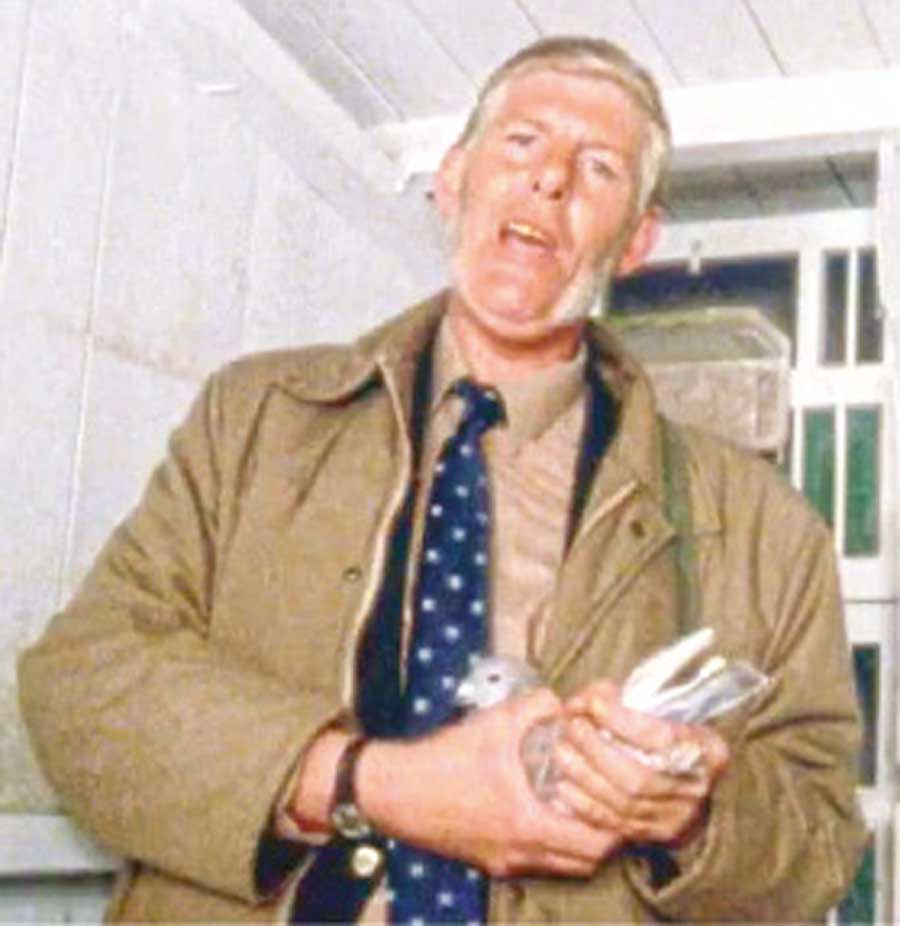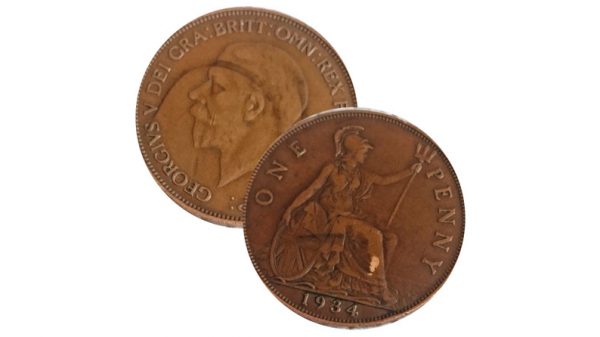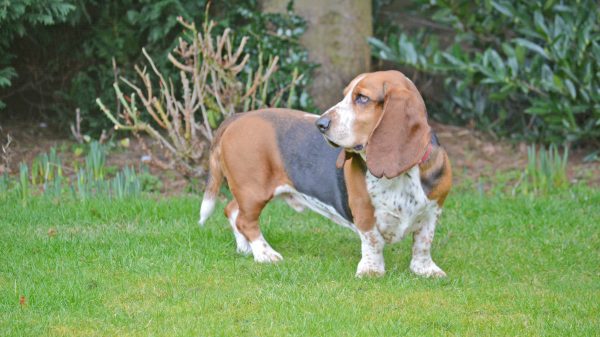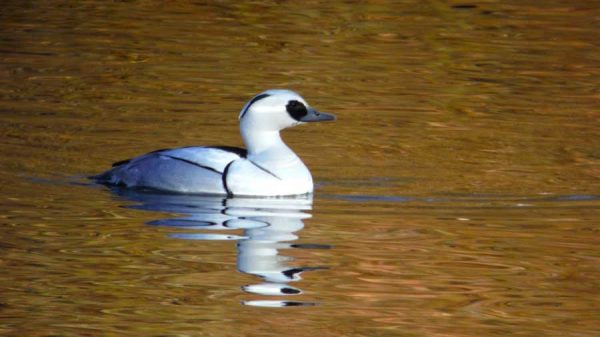−−− BY LINDA JENKINSON −−−
As the festive season ended, birdwatchers all over the country turned their attention to their new year list. It’s traditional for birders to venture out on New Year’s Day with the aim of seeing as many bird species as they can and quite a few people take part in an annual bird race. This is where teams compete to find the most bird species they can in one day, usually for charity. Strict rules apply but although there is an element of competition, a great deal of fun is had by all. Typically, events end up at the local watering hole.

Of course, the pandemic has prevented such traditional gatherings from taking place for many months over the last couple of years but careful planning, and some imagination, has enabled birdwatchers to continue to raise money for important charities. The annual Michael Clegg Memorial Bird Race takes place at the beginning of January each year and was set up to commemorate the respected Barnsley television presenter and naturalist. This year marks 26 years of fundraising. The imaginative scoring method enables teams of all abilities to take part across Yorkshire on a given day. To address covid restrictions and also to pay respect to the climate emergency, instead of racing around the county to tick off bird species, birdwatchers are asked to stick to an area that can be covered on foot or by bicycle. Over the years the bird race has supported many charities including satellite tracking for hen harriers and Jean Thorpe’s work at the Ryedale Wildlife Rehabilitation Centre. This year the event sponsored the North Yorkshire Turtle Dove Project with the Friends of Dalby.
This volunteer-led project aims to reverse the dramatic decline of turtle doves in Yorkshire via survey work, collaboration with land managers, education and the sharing of best practice. Money from the bird race will fund work to restore farmland ponds and create new drinking pools for this beautiful species. Turtle doves need reliable clean water sources and wildflower seeds to make crop milk to feed their young. Due to poor farming practises, habitat loss on their wintering grounds and being hunted on migration, this species has declined by 93% in the UK since the 1970s.
If you’d like to see a turtle dove then one of the best places is to hang around the bird feeders outside the visitor centre at Sutton Bank National Park Centre during the spring and summer months when the centre isn’t too busy. For more information about the project visit North Yorkshire Turtle Dove Project
(northyorkmoors.org.uk). If you’d like to donate please use the Friends of Dalby PayPal charity account and make sure you write ‘fund raising for Turtle Doves’ in the donation information. To access the donation page
www.paypal.com/gb/fundraiser/charity/3197360
Aside from this year’s bird race and fundraising, it’s also a great idea to get into the habit of making bird lists. If you combine this with other information like dates, habitats and weather conditions on your outings it can be very educational. You’ll start to build up a picture of seasonality, where some species can be found, their habits and how birds react to the elements. This will help you to understand the ecology of each species and will trigger so many more questions to fast-track your learning. If you’re at all artistic, combine your observations with field sketches to help you to remember where you’ve seen particular markings on birds, and any noticeable behaviour. Even basic stick birds will help you to accurately record your observations. You can then use these as a reference when you’re back home and able to access reference books or online resources. Over the years I’ve often found it’s the behaviour of common birds that’s taken me by surprise and they often feature in my top 5 birding moments of each year.
Linda Jenkinson teaches people about birds in and around Leeds. For details of indoor and outdoor classes email linda@startbirding.co.uk or call 07778 768719. Visit www.startbirding.co.uk or Start Birding on Facebook and Twitter.







